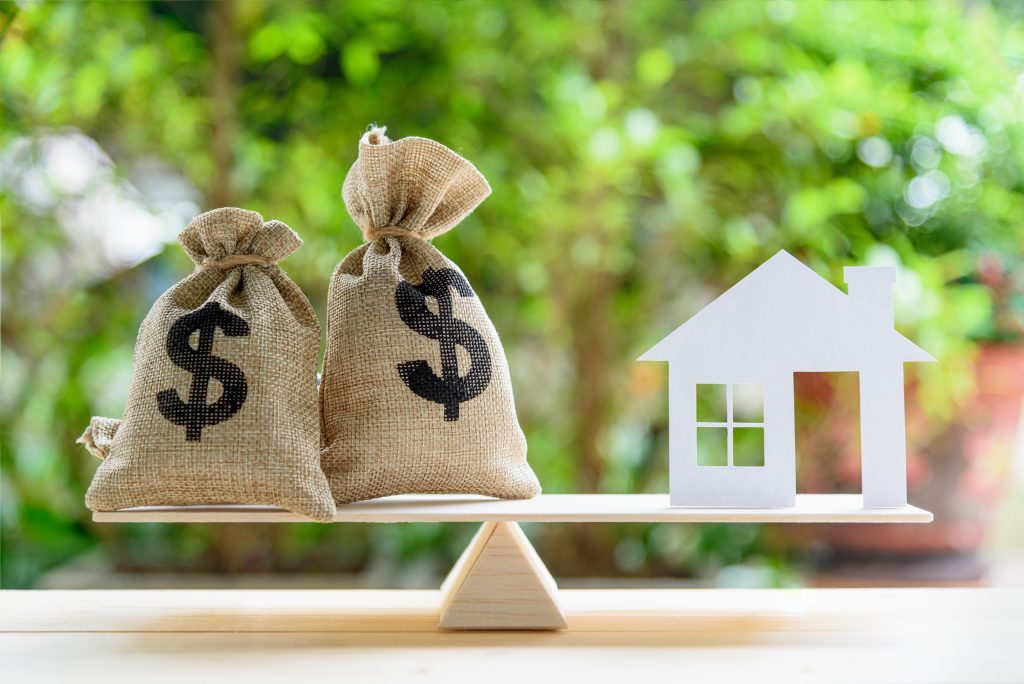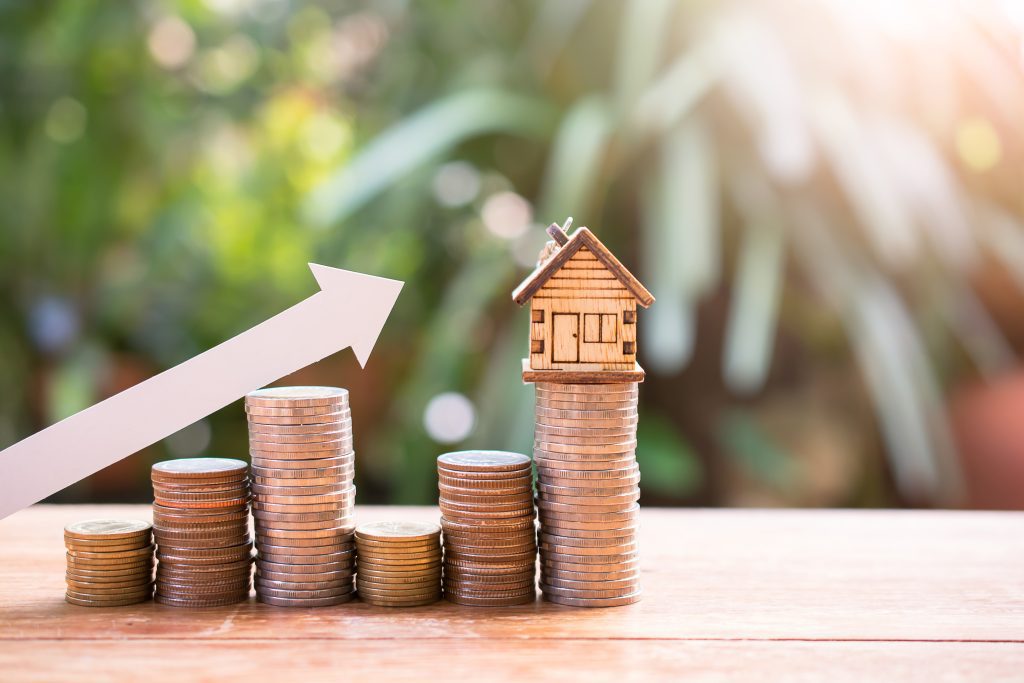How To Calculate Your Home’s Equity
Your home equity is the amount/stack you actually own in your property. Knowing this is critical if you intend to take a reverse mortgage, take a loan for a new home, or for maintenance work.
How your home’s equity is calculated
You can only calculate your home’s equity after knowing the market value of the property. The market value of our home is determined through a home appraisal. That is, a professional home appraiser is needed for this task. You cannot properly assess this yourself.
Afterward, you can now subtract the current mortgage you owe from the market value to know your equity.

What happens when the home value increases?
Your home’s value is directly proportional to its equity. If you are taking a loan for renovation works, an increased value means you now have more equity for a higher loan. On the flip side, an increase in home value can increase the interest rate when refinancing your home loan. This is because lenders rely on home value to calculate the loan-to-value ratio.
Is negative equity possible?

You get negative equity when the current value of your home is less than how much you owe in a mortgage. Lenders work towards averting this phenomenon by not borrowing you more than 80% of your home value. However, this can still happen when the real estate market drop. If you sell your home during such a period, you may have to top up the money to settle your mortgage.
